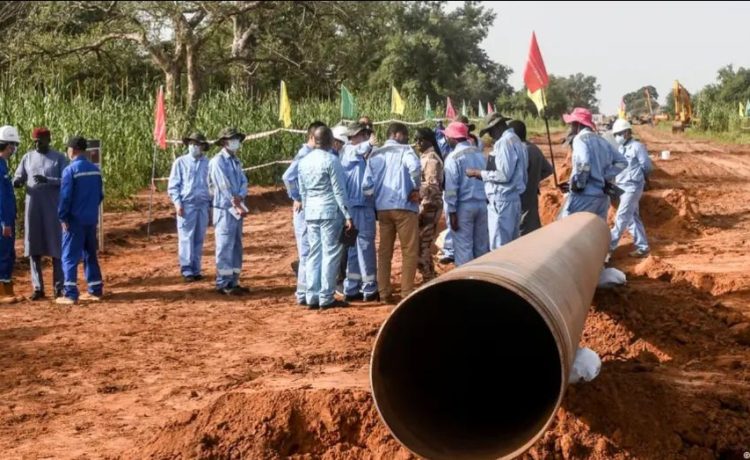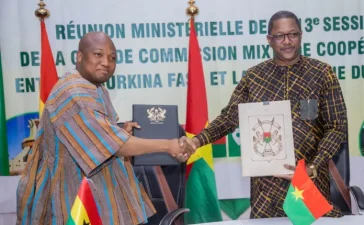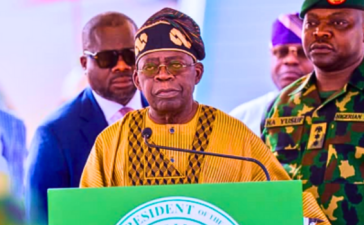The Republic of Benin and the Republic of Niger have successfully resolved their trade dispute, with the intervention of the Chinese government facilitating diplomatic negotiations between the two neighboring nations.
Tensions between Benin and Niger initially surfaced last year, following the ousting of Niger’s democratically elected president by the ruling junta. In response to Beninese protests against the coup, the junta ordered the closure of Niger’s borders, disrupting trade relations between the two countries. As a landlocked nation, Niger heavily relied on Benin as a transit route for the majority of its imports, making the border closure particularly impactful on Benin, which derived a significant portion of its revenue from this trade arrangement.
Benin consistently advocated for the reopening of Niger’s borders for trade, especially after the Economic Community of West African States (ECOWAS) lifted sanctions against Niger in February. In a bid to exert pressure, Benin took the drastic step of blocking Niger’s oil exports to China, which were transported through a newly constructed pipeline to Benin’s port of Cotonou.
The impasse persisted until the intervention of the Chinese government, which acted as a mediator in the negotiations between Benin and Niger. Through diplomatic channels, Chinese officials facilitated dialogue between the two nations, ultimately leading to a resolution of the trade dispute.
With the assistance of Chinese mediation, Benin and Niger have reached a mutual agreement, marking the reopening of borders and the restoration of trade relations between the two countries. The resolution comes as a relief to both nations, paving the way for the resumption of economic activities and the alleviation of financial strain caused by the border closure.
The successful mediation underscores the importance of diplomatic efforts in resolving disputes and fostering cooperation between nations. As Benin and Niger look towards a future of renewed collaboration, the role of Chinese mediation serves as a testament to the significance of international diplomacy in mitigating conflicts and promoting stability in the region.







